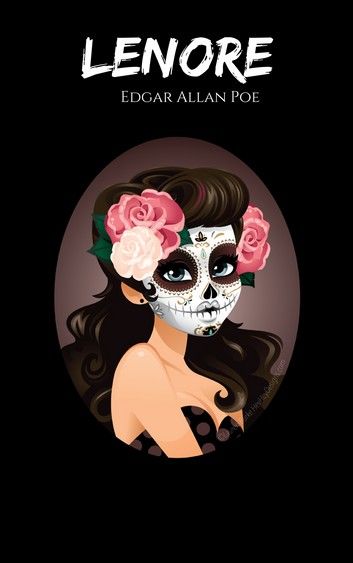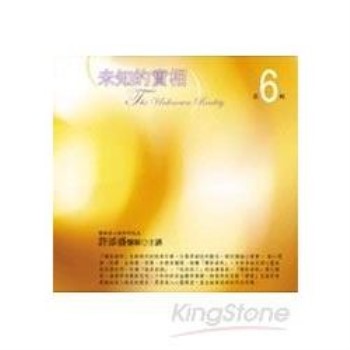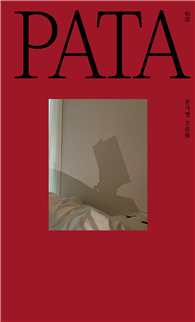The poem discusses proper decorum in the wake of the death of a young woman, described as "the queenliest dead that ever died so young". The poem concludes: "No dirge shall I upraise,/ But waft the angel on her flight with a paean of old days!" Lenore's fiancé, Guy de Vere, finds it inappropriate to "mourn" the dead; rather, one should celebrate their ascension to a new world. Unlike most of Poe's poems relating to dying women, "Lenore" implies the possibility of meeting in paradise.
The poem may have been Poe's way of dealing with the illness of his wife Virginia. The dead woman's name, however, may have been a reference to Poe's recently dead brother, William Henry Leonard Poe. Poetically, the name Lenore emphasizes the letter "L" sound, a frequent device in Poe's female characters including "Annabel Lee", "Eulalie", and "Ulalume".












